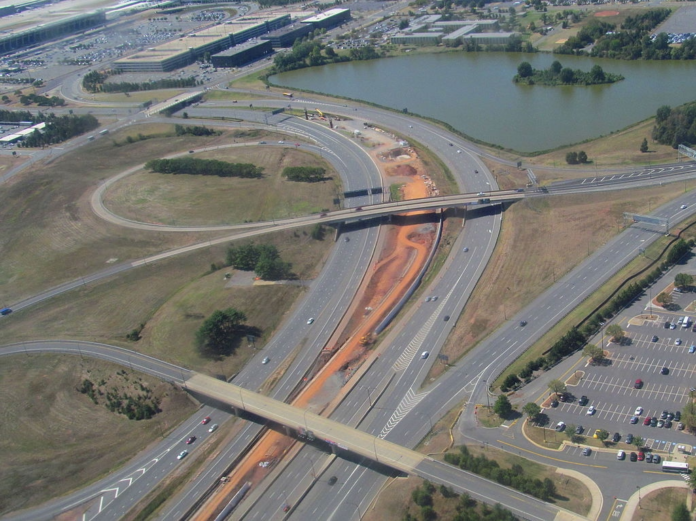Washington D.C. Metro’s Silver Line extension project is four years behind schedule and tens of millions of dollars over budget, with another $250 million in additional funding recently approved.
Capital Rail Constructors (CRC), a design-build team led by Clark Construction Group and Kiewit Infrastructure South is constructing the 11.5-mile extension.
The Washington Post has reported the additional funding will be used for the project’s second phase. Each stage has a $3 billion cost, bringing the total cost to $6 billion.
Work was originally to be completed in 2018, Real Clear Policy said in an article suggesting the project has been wasteful. “The first phase of the rail line began carrying passengers in July 2014, six months late and more than $220 million over budget,” the site reported.
In 2020, Universal Concrete Products, based in Stowe, PA, received a three-year ban on participating in federally financed transportation projects after reportedly supplying hundreds of defective precast panels for the Silver Line, ENR reported. Universal had manufactured more than 1,500 precast exterior wall panels for the project’s five above-ground stations under a $6.1 million contract.
The ban imposed by the Federal Transit Administration makes Universal ineligible for contracts, grants, loans or other financial assistance from agency of the federal government until the end of next year (2023).
The first phase added five stops, and the second stage, bringing Metro service to Loudon County, will include a stop at Dulles Airport.
Dull Toll Road users will pay about $188 million of the extra $250 million. Fairfax County will pay $40 million and Loudoun County will pay $12 million. Finally the Metropolitan Washington Airports Authority, which has overseen the project’s construction, will contribute $10 million.
Among other things, the additional funding will pay for claims by contractors for compensation tied to delays.
Metro can also tap into $33 million to cover expenses for issues that arose during construction, like issues with track work and defective panels installed at five of the six new stations. Another pool of $15 million was created to cover maintenance and upkeep for the rail line’s first phase.
The Washington Post described the project as one “that has been plagued by construction irregularities and political finger-pointing” and is the first rail extension not built by Washington Metropolitan Area Transit Authority.
The arrangement between the two agencies caused tension when they disagreed on elements of the project, the daily newspaper reported.
“MWAA officials blamed the overruns on the project’s complexity, an increase in the cost of building materials, supply chain slowdowns and coronavirus-related restrictions,” the newspaper reported.


